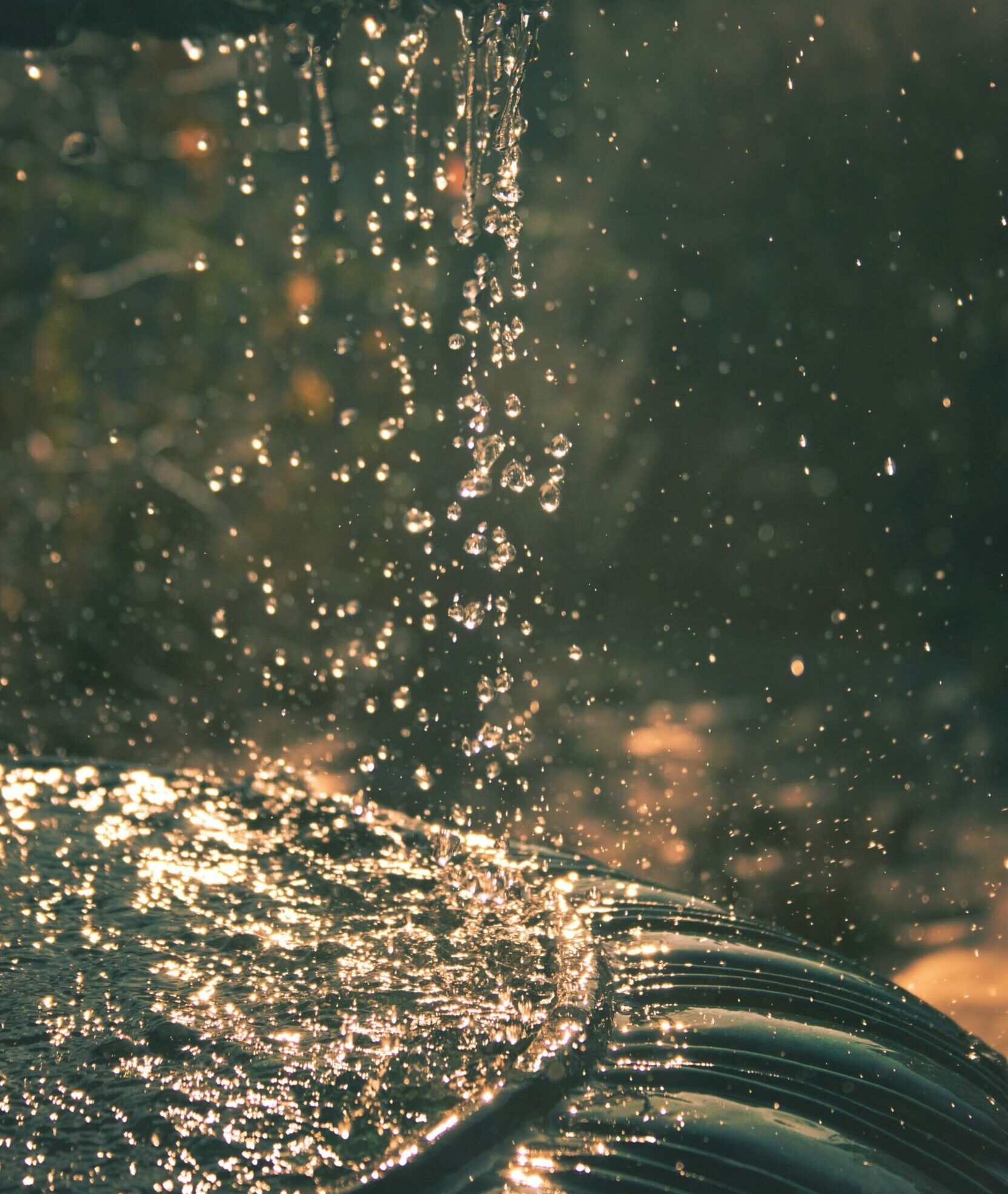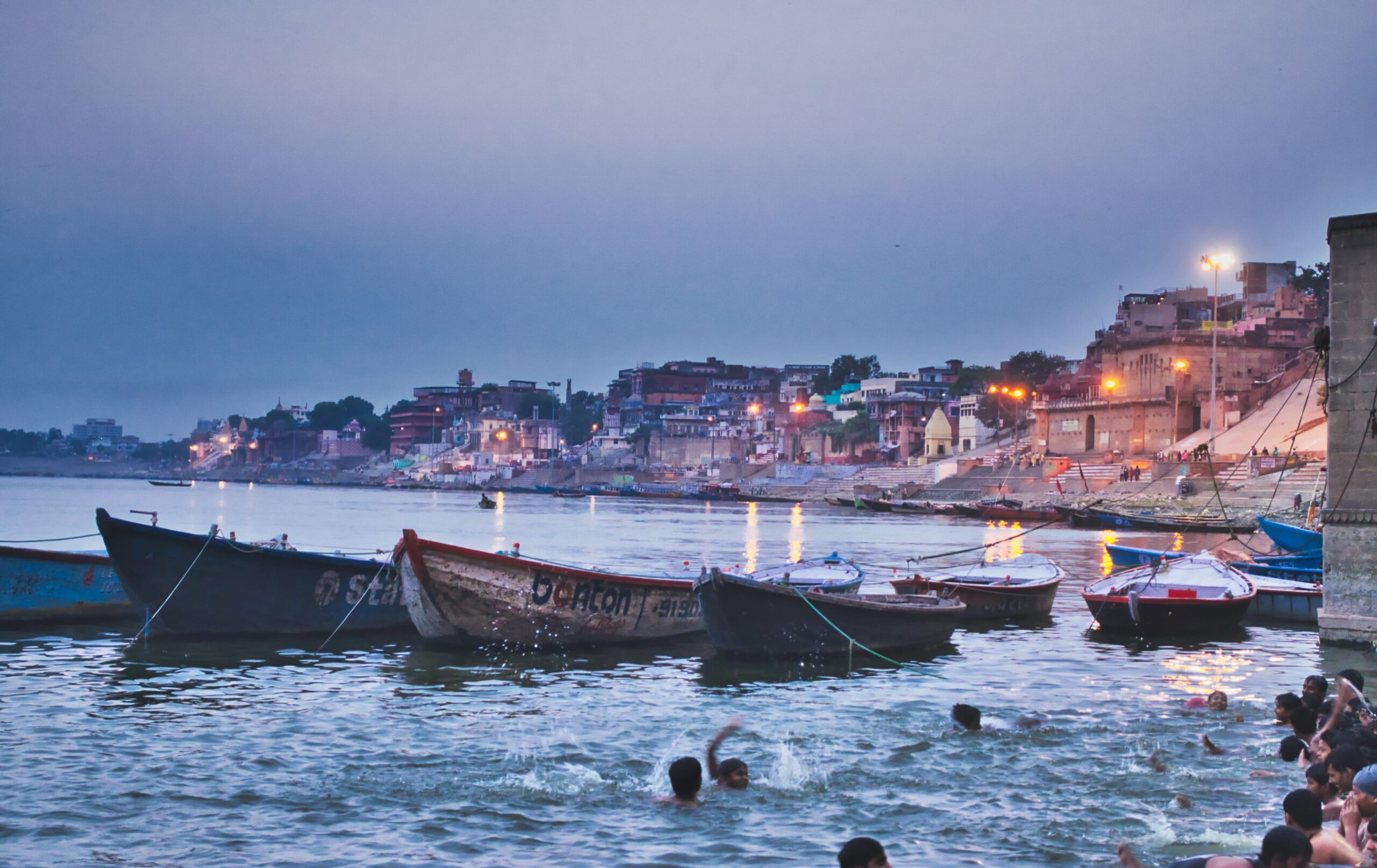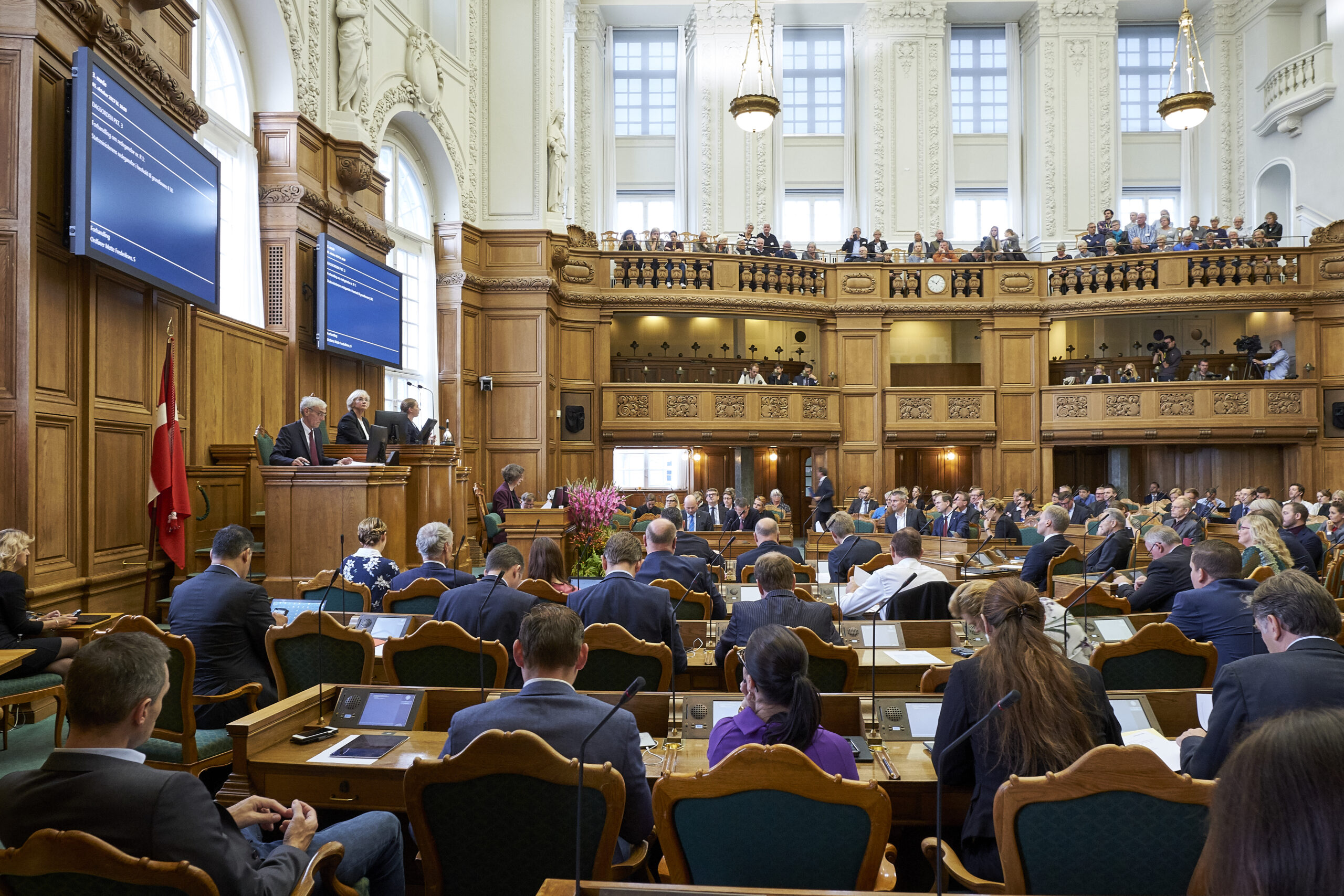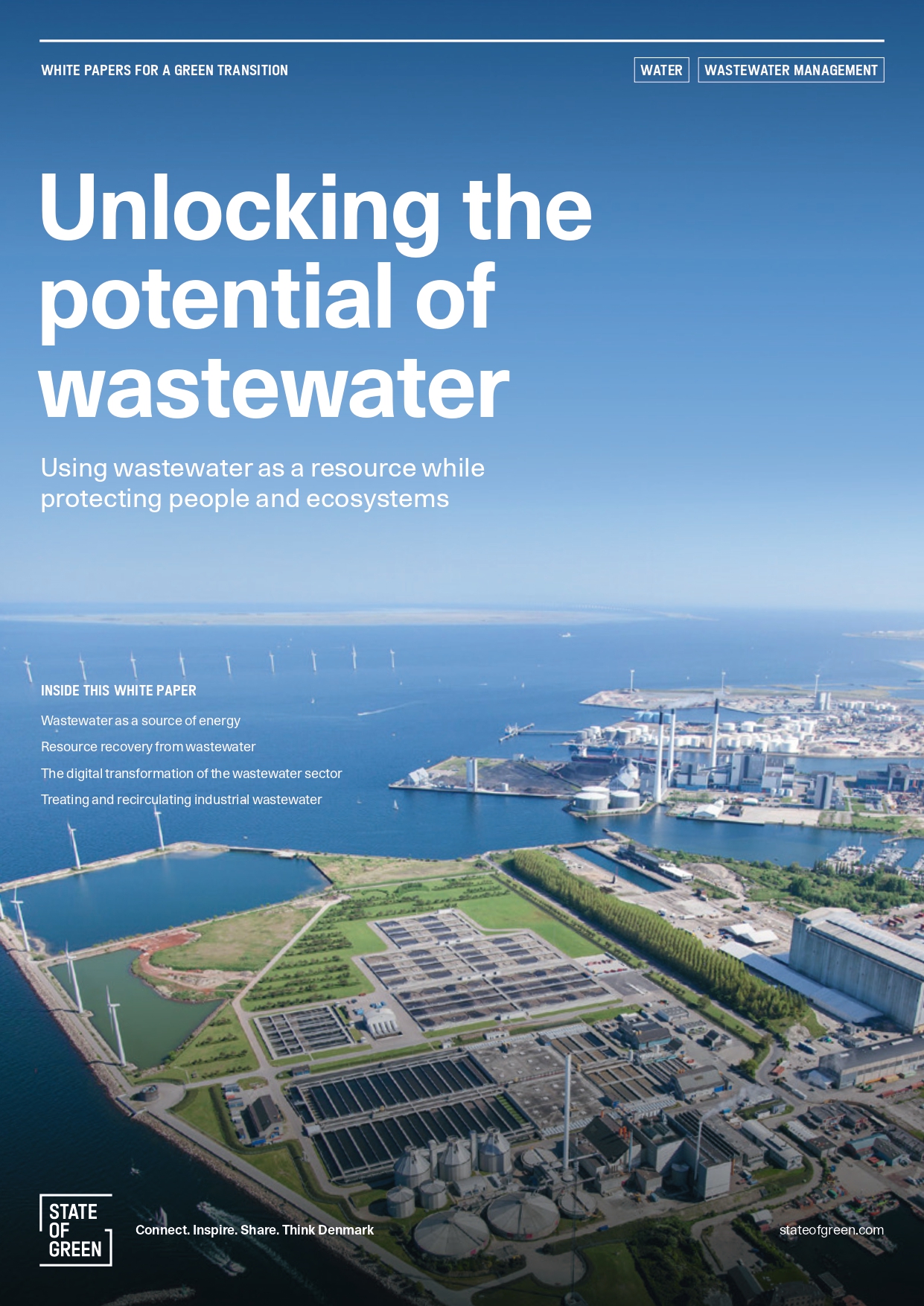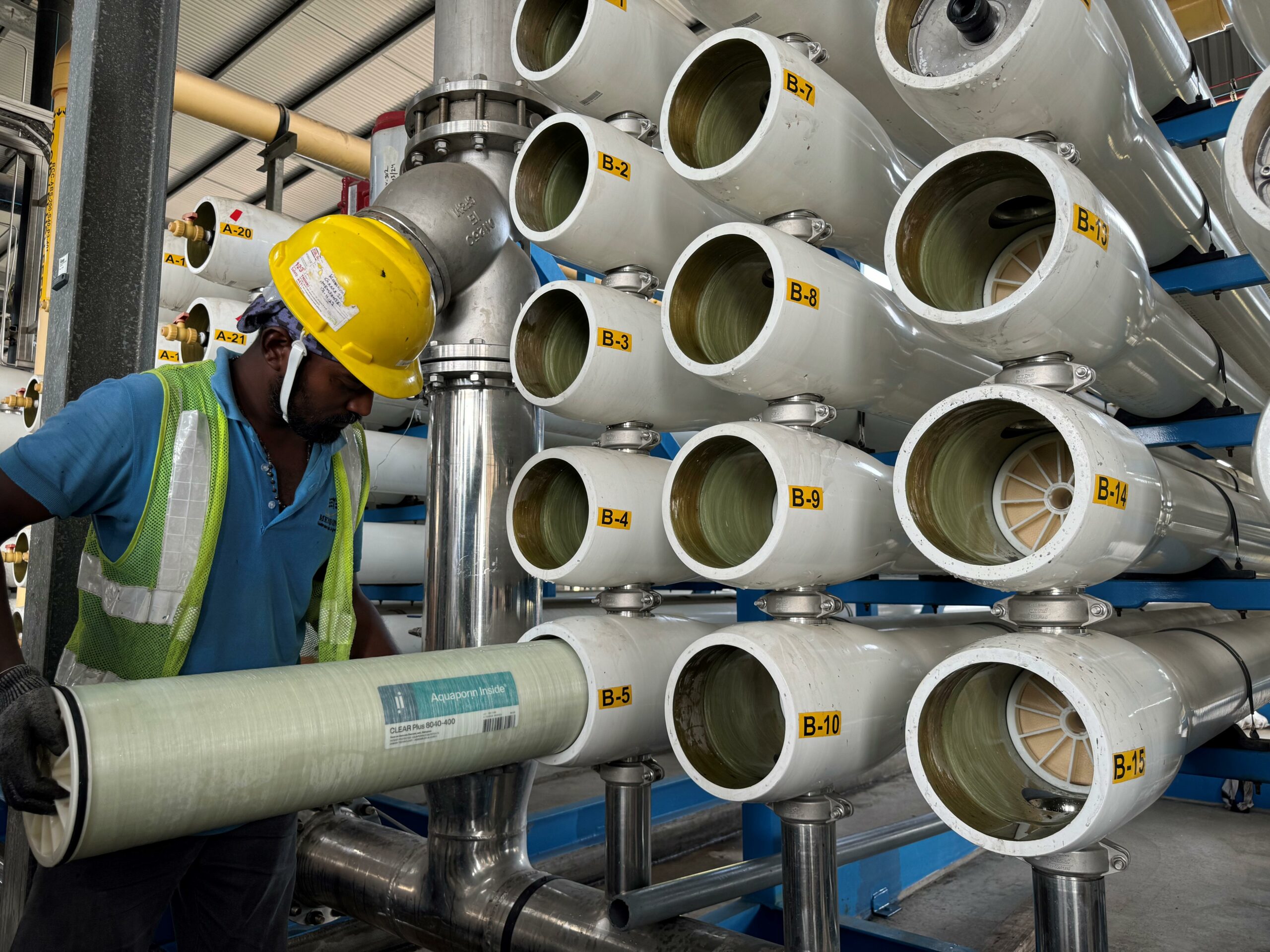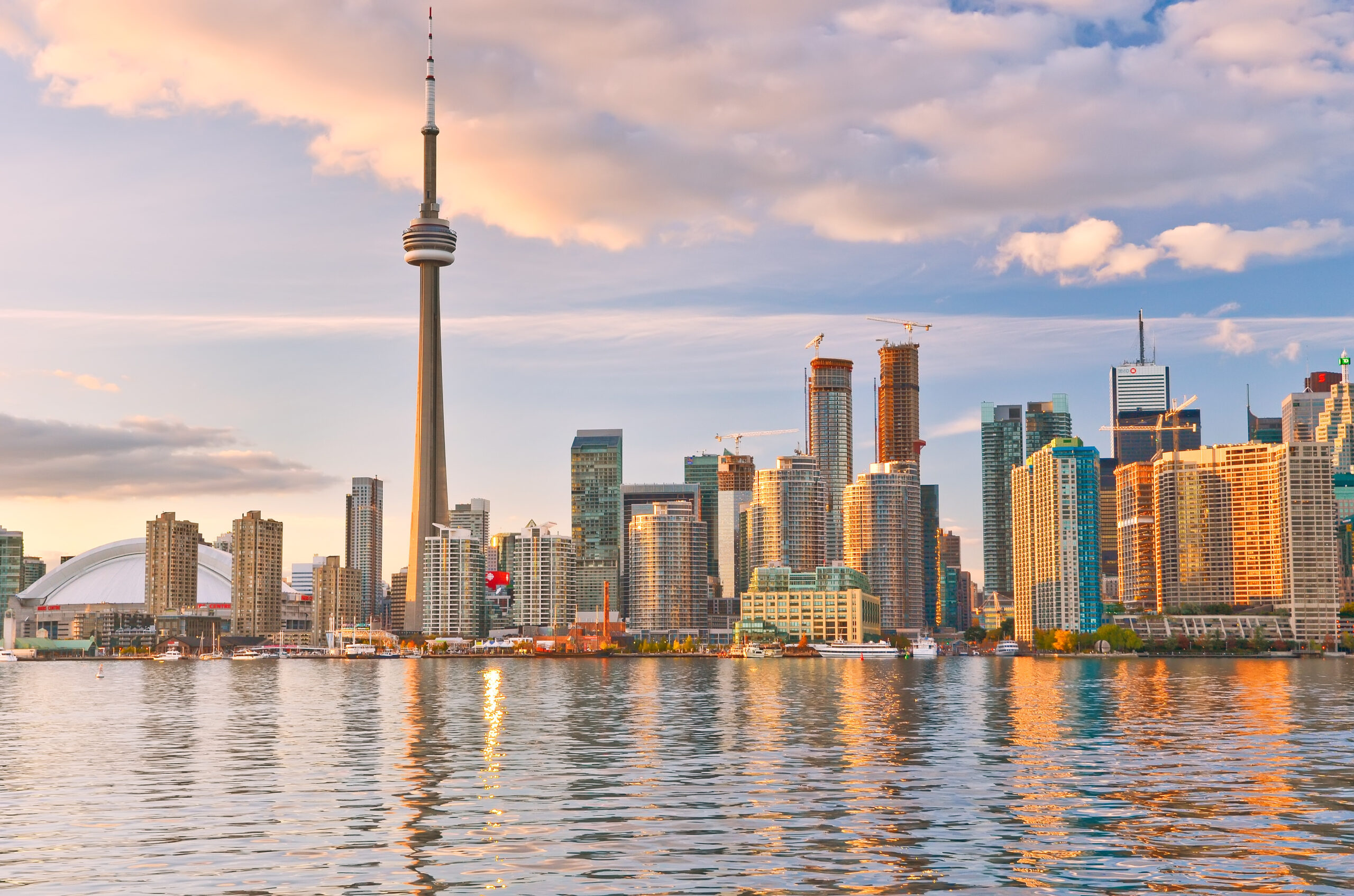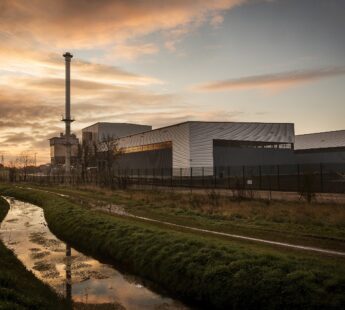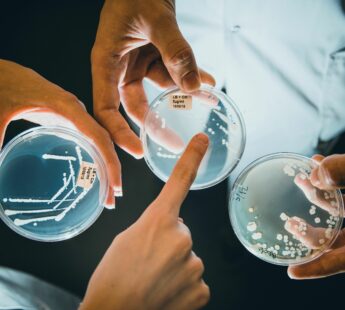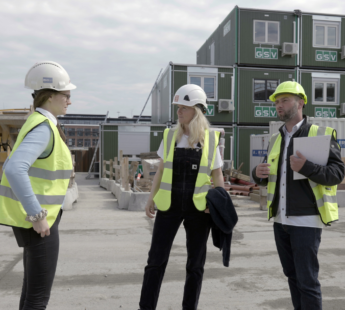As world-leaders in water technology, Danish companies and public authorities have more than 50 years of experience optimising water management and secures measures to meet future demands for clean water. India is one of the world’s largest and most populous countries, with a population of approx. 18 percent of the total world population. At the same time, the country has only 4 percent of the world’s water resources, and with water demand expected to triple by 2030, it makes India one of the countries in the world with the greatest urgent need for water. Adding to this, India is dependent on the water that comes from the monsoon rains, which, in line with climate change, have only become more and more irregular. Together, this impacts India’s global ranking of number 120 out of 122 countries measured in the global water quality index.
Providing clean drinking water to more
62 percent of Indian households drink their water without treating it first. This figure is particularly high in rural areas, where only 29 percent of households treat their water, where this figure is 47 percent for urban households. It is therefore a high priority for the Indian government to improve water supply infrastructure and increase hygiene levels to address these issues. Several political initiatives have already been initiated and more are expected to come.
To that end, India and Denmark signed a Memorandum of Understanding (MoU) between India and Denmark on cooperation within the field of Water Resources Development and Management. The MoU is directed toward digitalisation and ease of information access, integrated and smart water resources development and management among others. The MoU is signed as part of the Green Strategic Partnership between the two countries.
Preventing water loss
Another key problem for water supply is the loss of clean drinking water through leaks, inaccurate water measurements and theft, which results in water being wasted before it reaches consumers. The problem is so extensive that around 45 million cubic meters of water are lost every day, which corresponds to approx. 18.3 billion per year. In this context, the Indian government, in connection with the Atal Mission of Rejuvenation and Urban Transformation (AMRUT 2.0), has set a target to reduce this figure by 20 percent. There is also a desire to improve the overall efficiency and financial sustainability
of the water supply, as it increases earnings and reduces costs. The problem can be solved, among other things, by implementing Danish solutions and leveraging know-how on regulatory practice.
Denmark has managed to contain urban water loss to less than 8 percent as well as reduce household consumption by 40 % since 1980. To keep the non-revenue water level low, utilities keep a continuous focus on monitoring and optimising water distribution. This is done through a network that is divided into smaller and more manageable units known as District Metered Areas (DMAs). The more water distribution data there is available and the better the management system is integrated, the easier it is to gain the necessary overview of the non-revenue water and subsequently prioritise investments and holistically plan projects.
Denmark’s and India’s joint ambitious plans will not only secure clean drinking water to all people before 2030. They will also act as a global contribution to staying on track to reach SDG6.
